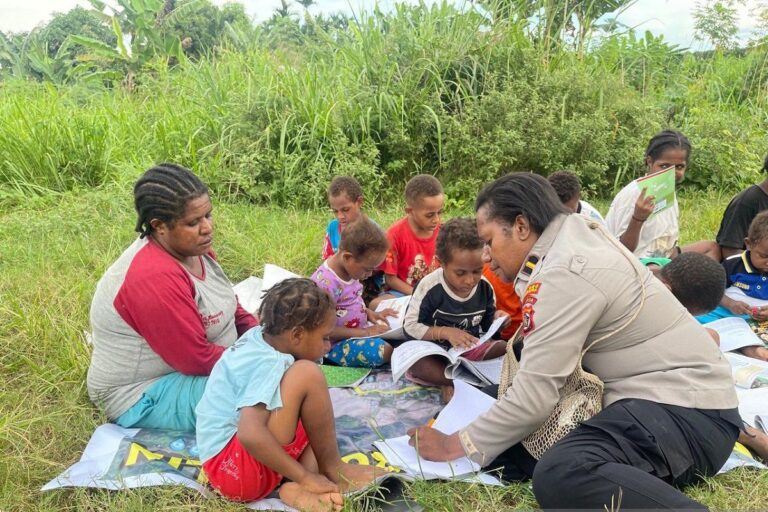Jakarta (ANTARA) – Indonesia continues to face a shortage of librarians, according to the National Library (Perpusnas), coinciding with the country’s celebration of the 51st National Librarians Day on July 7.
The country also faces uneven internet access across regions.
According to Perpusnas data from last year, the number of librarians nationwide is so far only 3,895 people, while the country needs 439,680 librarians distributed in different types of libraries in all regions.
In addition, as many as 94 libraries are not officially accredited, as well as more than 57 million Indonesians who do not have internet access, according to a survey conducted by the Indonesian Internet Service Providers Association (APJI).
APJI said that Maluku and Papua are the regions with the lowest internet distribution rate, reaching only 3.79 percent until January 2024.
These figures have implications for the community literacy development index and slow down the achievement of the objectives of the Medium-Term Development Plan 2020-2024 (RPJMN).
The Indonesian Statistics Agency (BPS) reported that the community literacy development index in 2023 only reached 64.48 points, below the government’s target of 70 points.
At the same time, as part of its efforts to transform libraries so that they can provide better and inclusive services to the community, Perpusnas has been implementing library transformation based on a social inclusion program since 2018.
For example, librarians at Pabokon Saba Library in Margamukti Village, Bandung District, West Java, provide local farmers with useful information so that they become educated and independent in handling agricultural issues.
The National Library’s transformation programme, which focuses on social inclusion, has shown promise in improving community well-being. A 2020-21 report states that the programme generated benefits exceeding Rs 570 billion (US$35 million).
Related News: Village Literacy Movement Brings Books Closer to the Community: Perpusnas
Related News: National Library aims to promote literacy in rural areas


